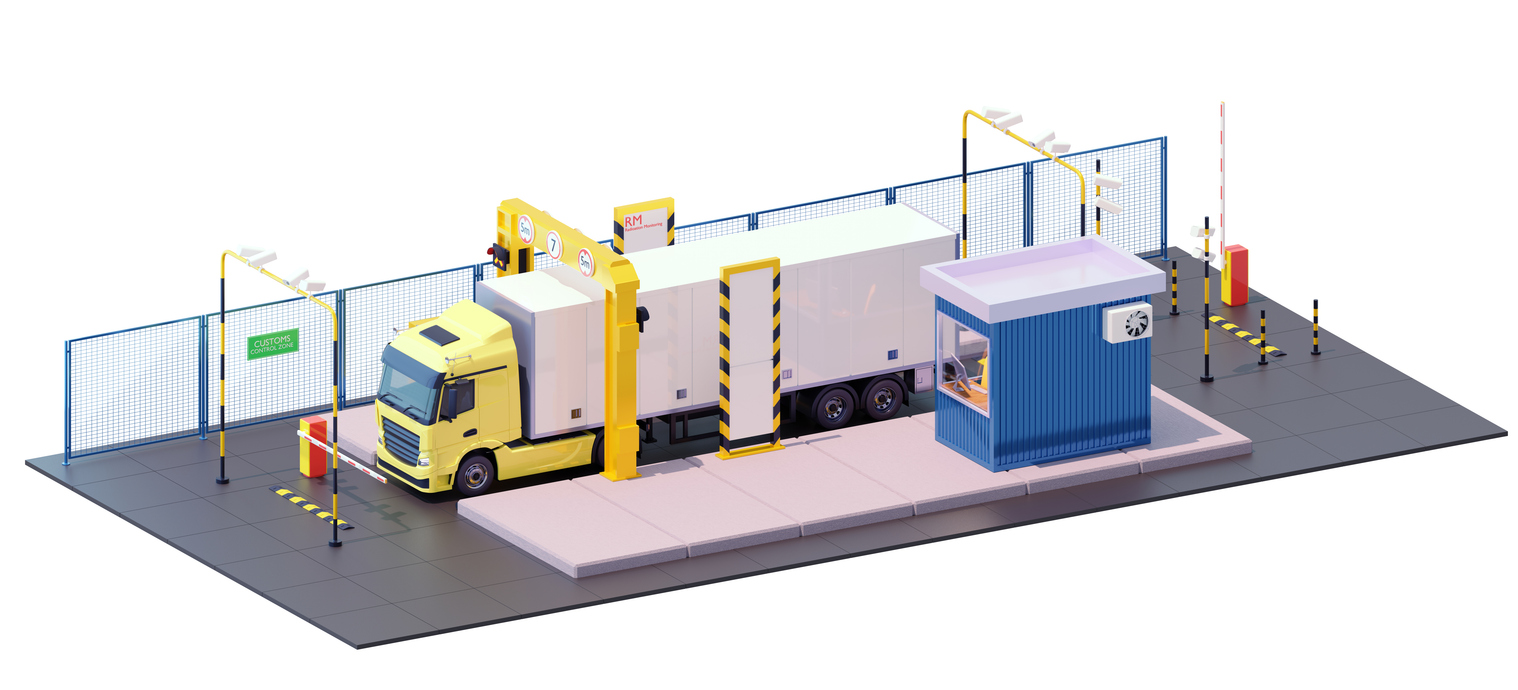The Complete Guide to Crude Oil Sourcing for African Importers & Distributors
Crude oil remains one of the world’s most valuable commodities—fueling transportation, powering industries, and shaping global trade flows. For businesses across Africa, understanding how crude oil is sourced, priced, transported, and supplied is essential for making informed purchase decisions and securing stable supply lines.
Whether you operate in wholesale distribution, energy supply, manufacturing, or export logistics, crude oil plays a direct or indirect role in your operations. This guide breaks down the essentials and highlights how Wigmore Trading supports businesses in navigating the complexities of crude oil procurement and trade.
What Is Crude Oil and Why It Matters to African Markets
Crude oil is a naturally occurring fossil fuel composed of hydrocarbons. It is extracted from underground reservoirs and later refined into essential products such as diesel, petrol, aviation fuel, kerosene, and lubricants. With global demand remaining strong, African businesses continue to rely on crude oil and its derivatives for:
-
Transportation fleets
-
Manufacturing and industrial machinery
-
Power generation
-
Commodity trading and bulk reselling
-
Petrochemical production
African economies—including Nigeria, Ghana, Angola, Kenya, Côte d’Ivoire, and South Africa—depend heavily on oil supply stability. This makes access to reliable trading partners and efficient logistics critical for competitiveness.
Key Types of Crude Oil Sourced and Traded
Different types of crude vary in density and sulphur content, which affects refining cost and product yield. Common classifications include:
1. Light, Sweet Crude
Low sulphur, easy to refine, and highly desirable.
Examples: Bonny Light, Brent, WTI.
2. Medium Crude
Balanced density, moderate sulphur, widely used for refining mixed petroleum products.
3. Heavy, Sour Crude
Higher sulphur content and thicker consistency, often cheaper but requires more complex refining.
Wigmore Trading works with trusted suppliers to source and facilitate trade for a variety of crude types, ensuring buyers receive the grade best suited to their refining or distribution requirements.
Understanding Global Crude Oil Pricing
Crude oil prices shift daily based on global supply and demand, geopolitical events, OPEC policy decisions, transportation constraints, and refinery output. The most common benchmark prices include:
-
Brent Crude – widely used across Europe and Africa
-
WTI (West Texas Intermediate) – U.S. benchmark
-
OPEC Basket – average pricing for OPEC member states
For African buyers and sellers, Brent pricing is typically the reference point. However, logistics, port charges, storage fees, and local taxes can influence the final landed cost.
Wigmore Trading helps buyers navigate these variables by offering transparent pricing structures and up-to-date market insights to support better purchasing decisions.
How Crude Oil Moves Through the Supply Chain
The crude oil supply chain is complex, involving extraction, transport, storage, and final delivery. Understanding each stage helps businesses reduce risks and ensure smooth operations.
1. Production & Collection
Crude is pumped from wells and gathered at production facilities or terminals.
2. Transportation
Depending on origin and destination, crude typically moves via:
-
Tanker vessels
-
Pipelines
-
Barge transport
-
Rail where available
Wigmore Trading coordinates end-to-end logistics, ensuring crude is safely transported from supplier to refinery or distribution hub.
3. Storage & Blending
Crude is stored in large tanks at export terminals or refinery sites. Some buyers blend different grades to achieve specific refinery requirements.
4. Refining & Distribution
Refineries convert crude into petrol, diesel, jet fuel, LPG, and industrial by-products. These products then enter the wholesale and retail market.
Wigmore Trading supports clients across these stages by sourcing certified suppliers, arranging freight, and overseeing delivery documentation—including SGS inspection, export permits, and bills of lading.
Challenges in Crude Oil Procurement—and How to Overcome Them
Businesses in Africa often face obstacles when sourcing crude in bulk. The most common include:
1. Volatile Market Prices
Price instability affects budgeting and profitability.
Solution: Wigmore Trading provides market guidance and flexible procurement strategies to help reduce exposure to price swings.
2. Supplier Credibility Issues
Fraudulent intermediaries or unreliable sellers can compromise deals.
Solution: Wigmore Trading only works with vetted suppliers and established producers, ensuring genuine supply from credible sources.
3. Logistics Delays
Congestion at ports, documentation errors, or inspection challenges can slow deliveries.
Solution: Our logistics team coordinates shipping routes, cargo handling, and compliance paperwork to minimize delays.
4. Quality Inconsistency
Poor-quality crude can reduce refinery yield and increase processing costs.
Solution: All cargo sourced through Wigmore Trading is verified with international inspection standards like SGS or Bureau Veritas.
Why Work with Wigmore Trading When Buying Crude Oil?
Wigmore Trading offers extensive experience in African and international markets, making us a trusted partner for crude oil sourcing. We provide:
-
Long-standing relationships with global producers
-
Transparent pricing based on benchmark indexes
-
Support with documentation, compliance, and inspection
-
Efficient logistics management for safe and timely delivery
-
Tailored sourcing strategies for refiners, distributors, and industrial buyers
Whether you need spot cargoes, long-term supply contracts, or guidance on importing crude into African ports, Wigmore Trading can help.
Ready to Source Crude Oil for Your Business?
Reliable crude oil supply is essential for industrial operations, energy distributors, and commodity trading companies across Africa. Wigmore Trading ensures your procurement process is efficient, compliant, and cost-effective.
Get in touch with our team to learn more. Contact Wigmore Trading today to streamline your sourcing.







Comments are closed.